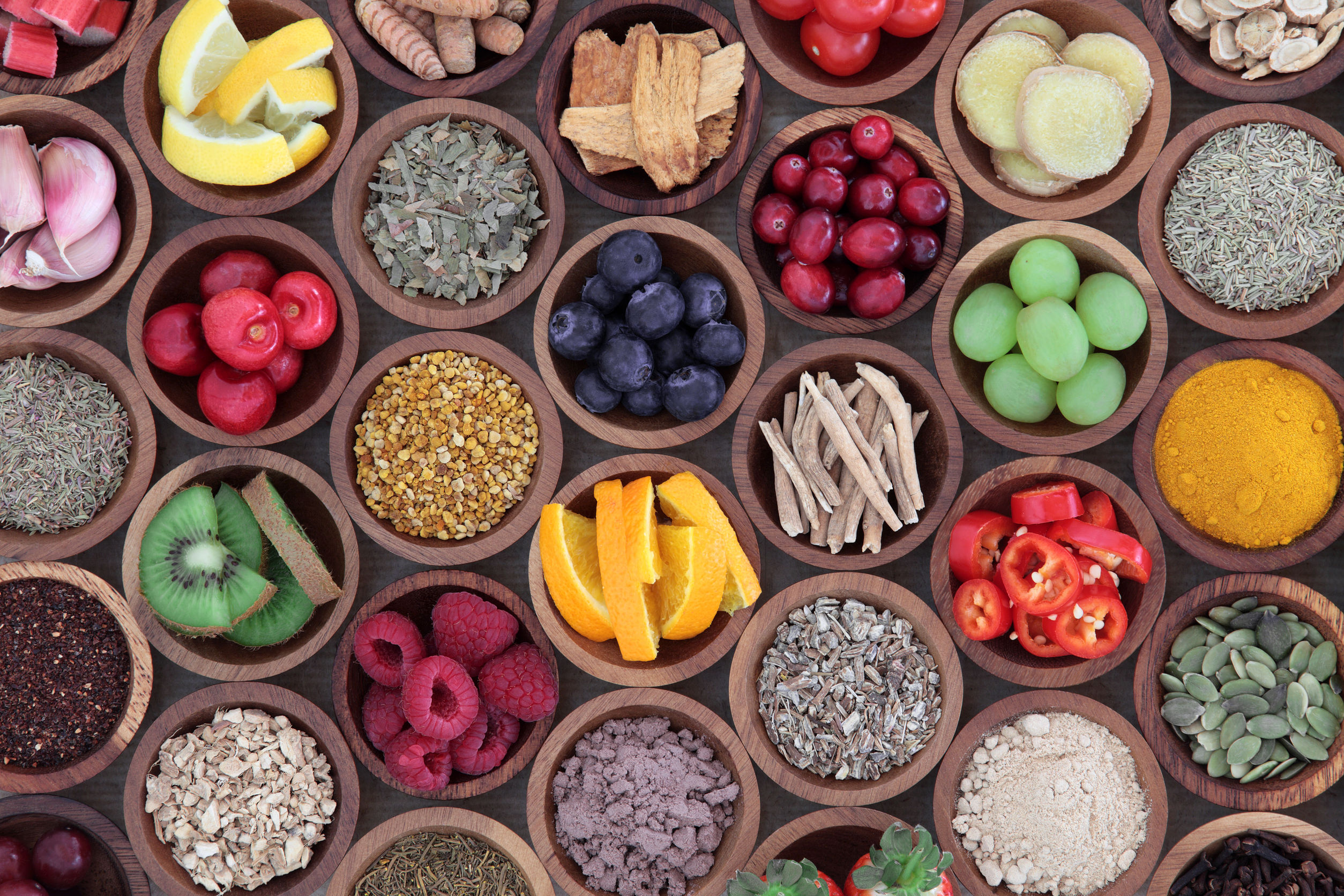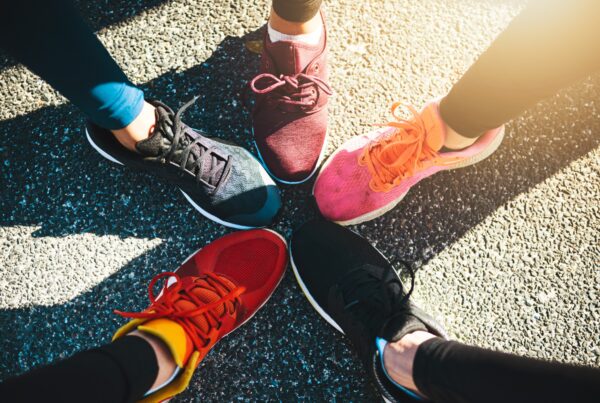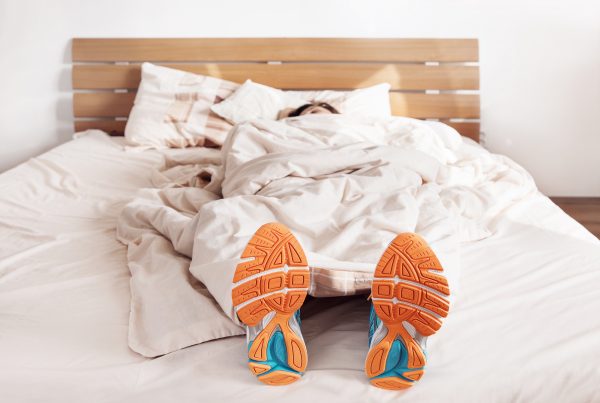”Connecticut, do you notice a difference in your sleep based on the food you eat? This week's article discusses how you can use your nutrition to improve sleep. We hope you find this helpful and informative!
Reading time: 4 Minutes
MWi Hacks:
- How nutrition can affect athlete sleep quality
- Practical tips and applications for food, fluid, and supplements to help with sleep quality
MWi Summary:
- A lack of sleep may encourage poor eating choices, which then negatively affects sleep quality.
- Well-balanced diets, in terms of macronutriets, encourage better quality sleep.
- It is important to limit liquids before bed to help you sleep through the night.
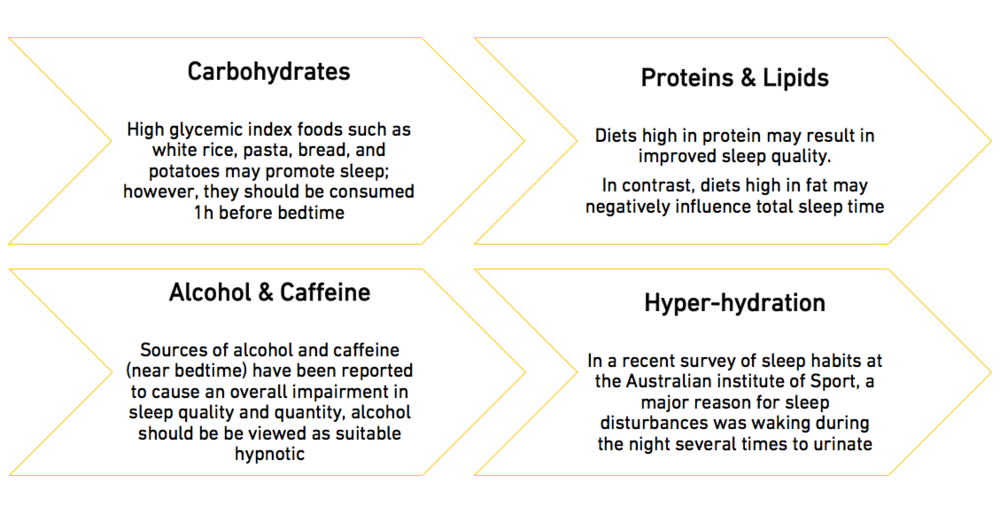
Many professional sport teams have access to experts in the area of diet and nutrition. Whether hired as consultants or full-time as part of the integrated performance team, having them involved (if available) in the sleep management conversations can be a very effective way to improve overall sleep quantity and quality.
There is a strong link between nutrition and sleep as it appears that a lack of sleep can affect the secretion of hormones controlling the appetite. Individuals who do not sleep well: generally tend to eat poorly, have a greater prevalence of obesity, have a irregular feeding pattern, have a greater tendency to eat energy-dense foods, or omit fruit and vegetables from their diet.
Food and Fluid Tips
- High Glycemic Index (GI) foods such as white rice, pasta, bread, and potatoes may promote sleep; however, they should be consumed more than 1h before bedtime.
- Diets high in carbohydrate may result in shorter sleep latencies.
- Diets high in protein may result in improved sleep quality and reduced sleep fragmentation.
- Diets high in fat may negatively influence total sleep time.
- When total caloric intake is decreased, sleep quality may be disturbed.
- Small doses of tryptophan (1g) may improve both sleep latency and sleep quality. This can be achieved by consuming approximately 300g of turkey or approximately 200g of pumpkin seeds
Practical Tips and Applications
- Encourage athletes to stay hydrated throughout the day and avoid excessive water intake post-game or late in the evening before sleep. Hyper-hydration may cause unwanted wake episodes to urinate.
- Use water bottles (instead small disposable cups) during games and training-this promotes increased intake.
- Provide high sodium and electrolyte drinks to replenish exercise induced dehydration (electrolytes mix packets, also addresses athletes prone to muscle cramping).
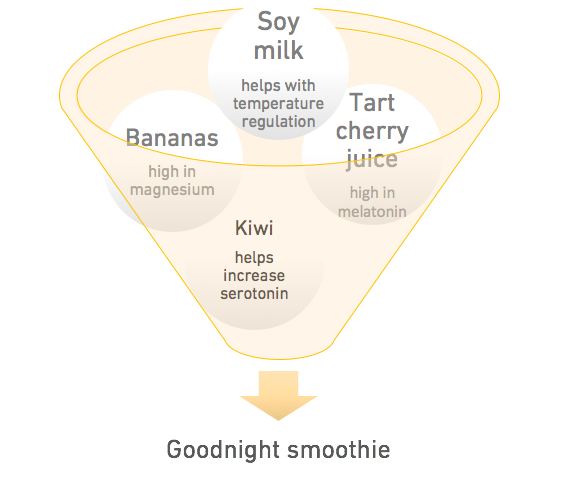
MWi would like to thank Fatigue Science for sharing this article to support our community. To find out more about Fatigue Science follow this link:
https://www.fatiguescience.com/


